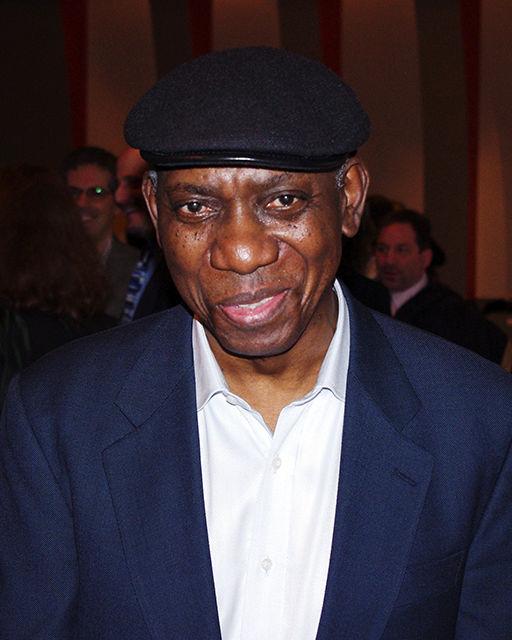Yusef Komunyakaa, the 1994 Pulitzer Prize Winner of Poetry, visited NC State to deliver a poetry reading Thursday evening in the Withers Lecture Hall.
More than 100 people gathered in the auditorium to listen to Komunyakaa’s performance, which was the culmination of the annual NC State Poetry Contest. Komunyakaa served as this year’s celebrity judge and read through the more than 600 submissions to the contest.
Komunyakaa read from among a dozen of his own works, which covered topics ranging from civil rights, black experience, as well as his own experiences during the Vietnam War, where he served as a reporter with a U.S. military publication, the Southern Cross. He received a Bronze Star for these efforts.
After reading from a selection of his works, Komunyakaa was asked about how his poetry could be interpreted with regard to the current political landscape and global events, to which he responded by reading another one of his poems, “Envoy to Palestine.”
For Maria Rouphail, a senior lecturer who teaches in the English department, this poem was one of the most powerful and memorable moments of the night.
“Komunyakaa makes vivid the interconnections across time and space among the histories of oppression, exile, servitude and occupation to which poetry can and ought to give voice,” Rouphail said in an email. “Whether in Ramallah, or in the Middle Passage or on the Great Plains, the poet is present with his acute eye, his powerful picture-making words and his conscience.”
While Komunyakaa did open up for more questions, members of the audience seemed to be wrestling with their own emotions from the psychological and spiritual weight cast onto them by Komunyakaa through his readings.
Threa Almontaser, a senior studying creative writing and winner of the 2016 undergraduate poetry prize, said that listening to Komunyakaa caused her to revisit certain sights and experiences, calling him an especially evocative presence.
“Experience may partly facilitate poetry,” Komunyakaa told the Technician in an interview prior to the reading. “But an engaging poem is also coupled with craft and a sense of aesthetics. The poem [is] revealed through the imagination … and often refined through work. I continue to define poetry as a distilled moment of confrontation and celebration. Very few poems are merely gifts.”
Wilton Barnhardt, a creative writing professor and director of the poetry contest, said the most striking moments of Komunyakaa’s performance were when he spoke about his time in Vietnam, a subject that Komunyakaa said it took him more than 14 years for him to begin to write about.
“He was never more powerful Thursday night than when he read his poems recalling his time as a soldier, contemplating how it was so many black soldiers threw themselves atop grenades to save their comrades, or writing of the return home, standing before the black marble wall of the Vietnam War Memorial in Washington reading the names of the lost,” Barnhardt said in an email. “No one who heard him read those poems will ever forget it.”
Anyone residing in the state of North Carolina or attending school in the state is allowed to submit poems for the contest. This year, there were 636 different submissions, as well as 21 finalists. In addition to the undergraduate winner, there were also two other top prizes.
Samuel Piccone, a graduate student in NC State’s Master of Fine Arts program, was named the overall contest winner. Marty Saunders, who is also a graduate student in the MFA program, won the NC State prize for the American Academy of Poets.








